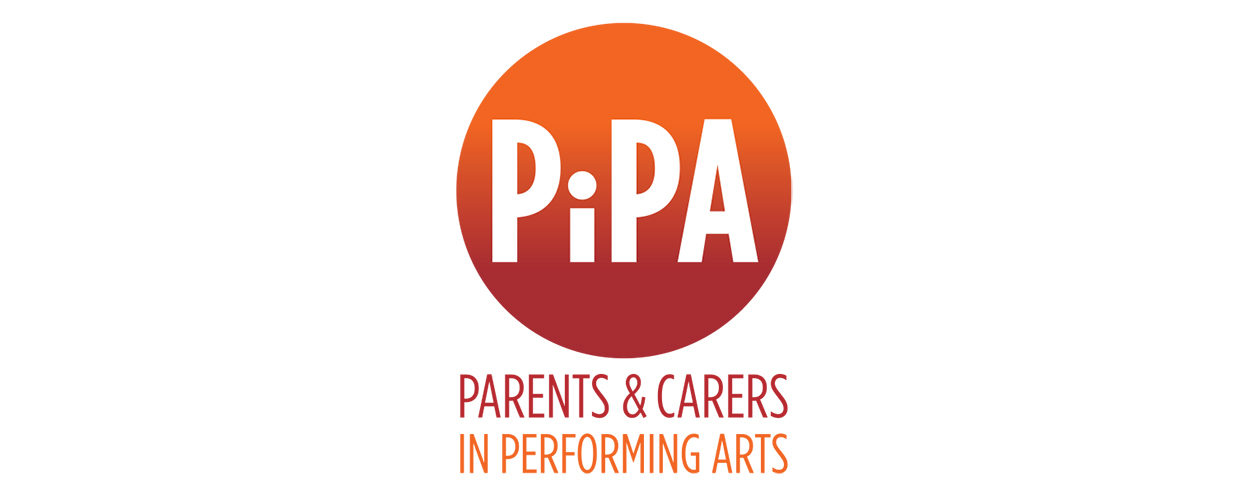This website uses cookies so that we can provide you with the best user experience possible. Cookie information is stored in your browser and performs functions such as recognising you when you return to our website and helping our team to understand which sections of the website you find most interesting and useful.
Artist News Business News Industry People
Classical sector risks losing talent because of outdated working practices, says PiPA
By Chris Cooke | Published on Thursday 20 October 2022

The charity Parents And Carers In Performing Arts has published a new report which concludes that the UK classical music sector risks losing talent and decreasing in diversity unless urgent changes are made to employment practices so that they are more inclusive of parents and carers working in the industry.
PiPA worked with researchers at Birkbeck, University Of London on the research set out in the new report, and found that 82% of those surveyed founding managing work and family commitments “moderately to extremely stressful”.
Self-employed women in the sector are most impacted by working practices that skew against parents and carers, meaning that female performers frequently earn less and are twice as likely to turn down work due to caring responsibilities. As a result of these challenges, 40% of those surveyed were thinking about leaving their careers in music
Professor Almuth McDowall – who led the research team – says: “Parents and in particular self-employed women report significant career penalties in terms of access to work and earnings. Our research signposts a clear need to address outdated work practices and a culture of employers not taking responsibility for duty of care and equal opportunity”.
Specific challenges raised by self-employed parents and carers in the sector include: “Lack of flexibility and scheduling; lack of affordable, flexible, ad-hoc childcare; the logistical and financial demands of touring and working away; and the need to meet inflexible demands of additional work, such as teaching, to subsidise earnings”.
PiPA is now establishing a working group to design a best practice charter to address the issues the research identifies. Both Help Musicians and the Musicians Union supported the research and will be involved in that process.
Others already committed to participate in developing the charter include Liverpool Philharmonic, Royal Opera House and Scottish Opera, organisations like Black Lives In Music, the Independent Society Of Musicians and SWAP’ra, and record industry collecting society PPL.
Commenting on the research, PiPA co-founder Cassie Raine says: “Long and irregular working hours, long periods away from home on tour, and a lack of flexibility are unnecessary barriers to inclusion”.
“The report highlights deeply ingrained, traditional working practices that were originally designed to meet the needs of the ‘stereotypical’ affluent man, with a partner at home to look after the children”, she goes on. “So, whilst that’s not how we think today, these traditional working practices still prevail”.
“We need bamboo scaffolding – strong and resilient, yet flexible – an infrastructure that is built for everyone”, she concludes. “The industry needs to find better and more inclusive mechanisms to support and develop its talented workforce”.
Musicians’ Union General Secretary Naomi Pohl adds: “The MU fully supports PiPA’s new report and its recommendations. Having children or caring responsibilities can limit career opportunities for classical musicians and the pandemic has exacerbated pre-existing inequalities that disadvantage women”.
“There remains a culture of silence around these issues and about the discrimination that pregnant musicians experience; this report brings light to those issues and it is our responsibility as an industry to tackle them head on”, she continues.
“There is a clear need for more inclusive working practices and that includes flexible working structures that would benefit everyone. The government must also to step up and provide universal, flexible, high quality childcare that is available to all from the point at which paid maternity or parental leave ends”.
She then concludes: “The MU looks forward to working with PiPA and the industry to create a sector that works for women and those who have caring responsibilities in all their diversity, to enable them to reach their full potential”.
You can access the new report here.





